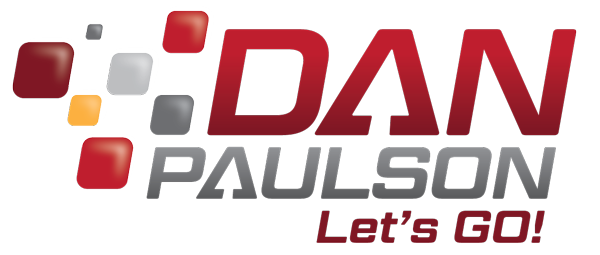We owe a great deal of who we are and what we can accomplish to the Industrial Revolution. The ability to mass produce products brought with it a change to how we thought of and treated labor, lowered prices on once unattainable goods due to economies of scale, raised the wealth of the middle class, broadened awareness outside of limited geographical areas and paved the way for exponential innovation. Think of all the things we take for granted today that might not even exist otherwise; travel, computers, clothing, food, etc, the list goes on and on.
In my experience, a great deal of good is typically accompanied by some less than desired by-products. The work silo fits that definition.
I have seen very few, if any, companies that don’t suffer from the inefficiency, miscommunication and political turmoil brought on by work silos. Certainly this existed in some form prior to the Industrial Revolution, but the intense specialization made possible silos that are harder to break through.
Harder, but not impossible.
The two fundamental keys to breaking down barriers are a shared vision and trust. The truth is, we couldn’t continue to produce and innovate at our current rate without the kind of specialization that exists in our workforce. But that doesn’t mean we need to suffer the negative effects of silos like we do today, either.
A shared workplace vision unifies the disparate parts of the company toward a singular goal. It is an essential component because it requires each area, each silo, to see itself as a part of a whole. Without a shared vision, silos become small kingdoms, fighting with each other for dominance in meetings, emails and the boardroom.
To make the shared vision a reality requires trust between departments. If you’re a part of the whole, then you know that the other parts have a direct impact on whether the whole is successful or not. And when success comes, the silo is hard-pressed to assume a disproportionate amount of credit. If you don’t believe me, go outside and kick a ball. Then ask yourself which was more important: the foot that kicked the ball or the foot that held you upright while you kicked the ball.
Shared vision and trust. Indispensable tools if you want to break the silos that exist in your company.
